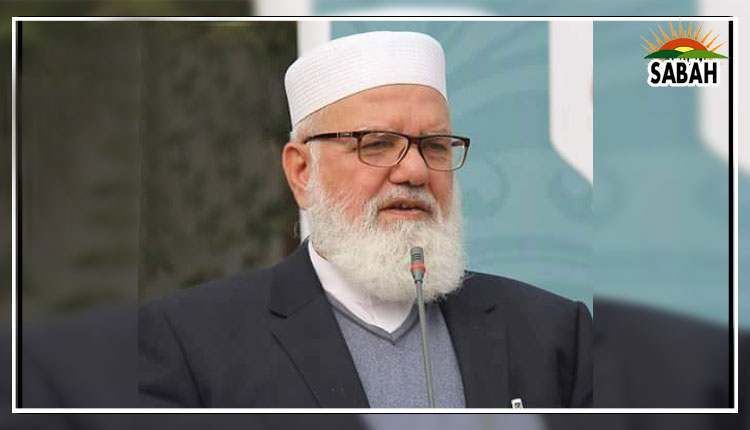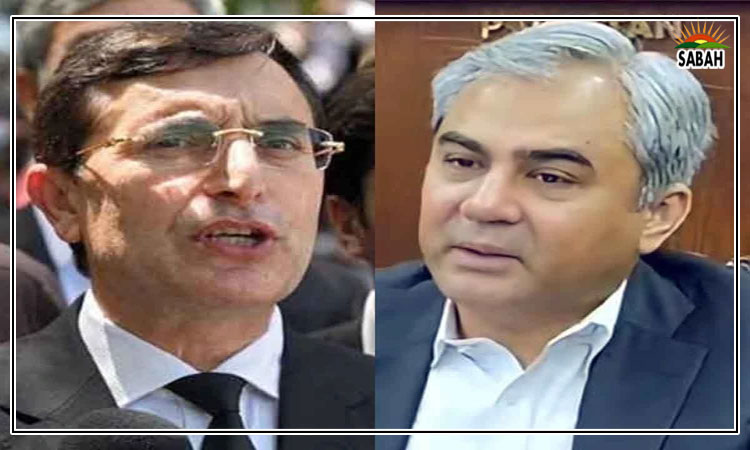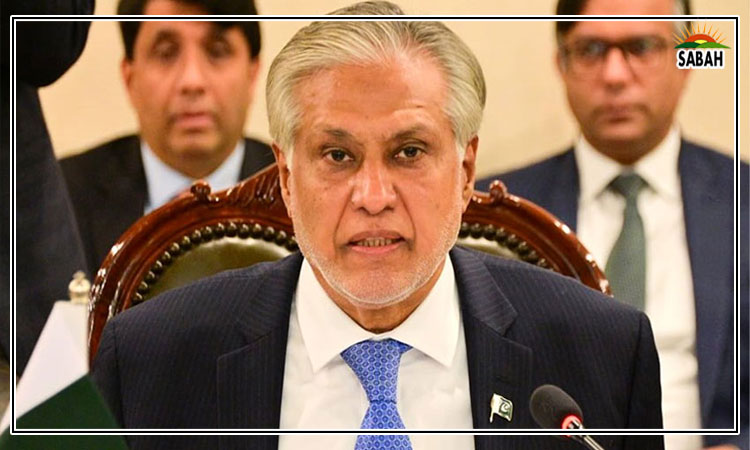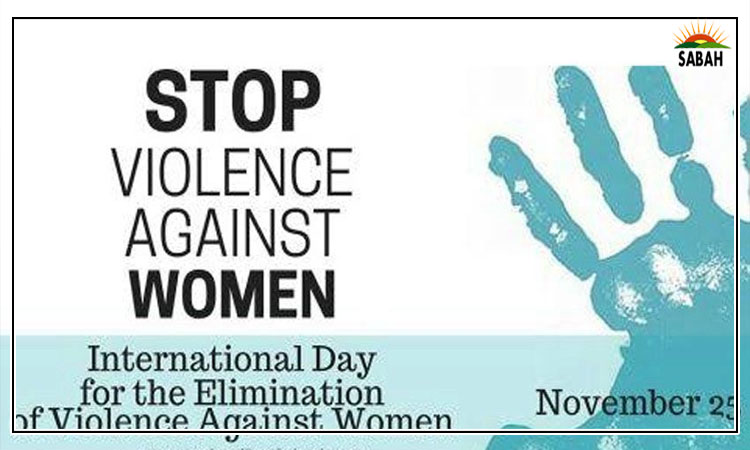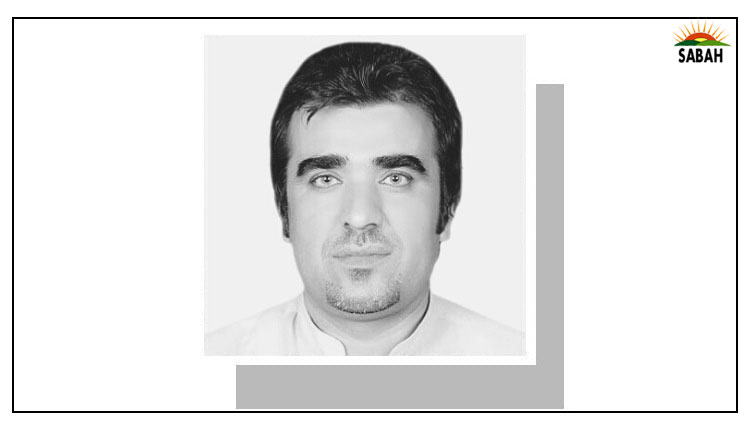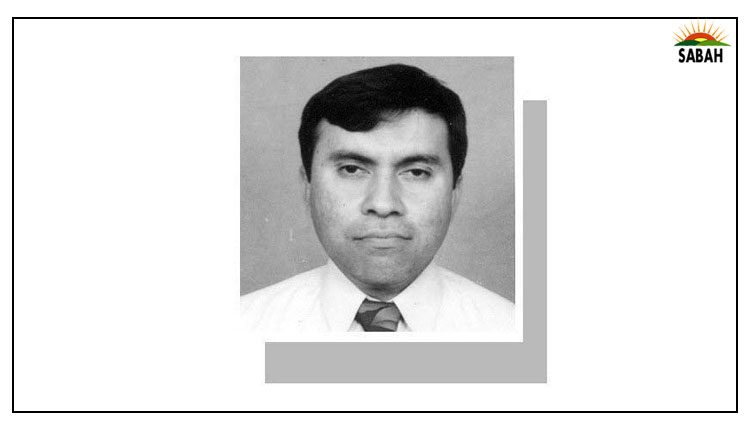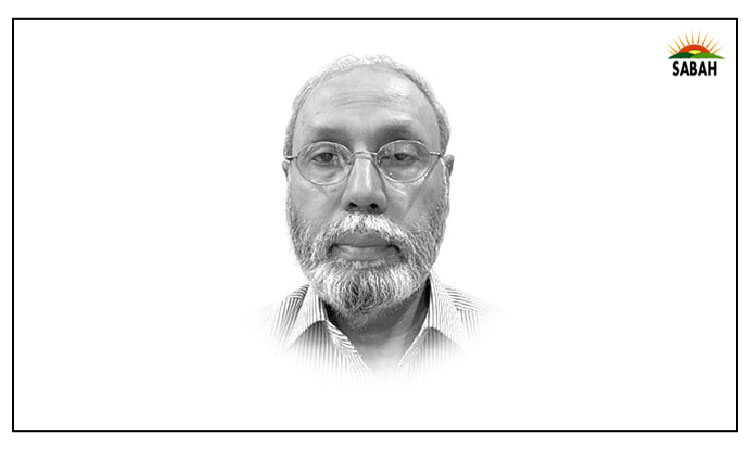Need for a new strategy and positive approach on Bangladesh ۔۔۔۔ Burhanul Islam
Clearly, the time has come to extend a hand of friendship towards Bengalis and Bangladesh. We must respond to the call of overwhelming population of Bangladesh for reestablishing ties from where they broke in 1971. It has to be timely and in equal measure. I think we should now come out of “cautious” mode. We must not allow the opportunity to go unattended. Bitter feelings of 1971 should go from both sides. Bengalis have sacrificed over a thousand lives during the Monsoon Revolution to oust India from Bangladesh. We did not have to make any effort or spend anything. The video clip of Abu Said’s martyrdom in Rangpur is fresh in our minds. Indians have been made speechless. A shameful retreat. They are still wondering how they could not read the situation. Indian media and intellectuals have tried to suggest that a huge conspiracy was hatched by Bangladeshi Muslim extremists in consorts with some international players to uproot India from its well-entrenched position in Bangladesh. They could not believe that a local “quota movement” led by the students could create a tsunami, targeting not only Sheikh Hasina, but also her backer, India. Every other day, India presents a new justification for its debacle in Dhaka. It seems India’s doors for Bangladesh have been closed for a long time to come.
Interestingly, the Bengalis did not take much time to open their hearts for Pakistan and its people. All of a sudden, they have forgotten 1971 events and the bitterness, partly real and partly India-engineered. It seems they are willing to accept Mr Jinnah as their father of the nation again. All this has not happened without a divine assistance. Unfair treatment meted out to the Bengalis in the past and their demand for “formal apology” and compensation should be erased from our diary. Let us build bridges now by taking a positive view of the new situation offered as a consequence of the sacrifices of Bengali youth. Bengalis have inculcated a sense of fear and shame in the minds of the Indians. Indians feel that they were forced to “surrender” in Dhaka this time, while they tried to keep Pakistan away through trickery, building false narrative of friendship with Bangladesh and negative propaganda against Pakistan. They saw Pakistan’s hands behind everything negative. People of Bangladesh have rejected all nasty machinations and narrative of India. In extreme rage, the revolutionaries demolished the statue of Pakistan’s surrender in 1971, where General Niazi sat with General Jagjit Singh Arora.
This time around, we should establish relations with the people of Bangladesh based on the principle of mutual respect, trust, understanding, beneficial cooperation and recognition of each other’s culture and language. I would suggest that both sides should show interest in learning each other’s language and appreciate each other’s culture, to pronounce a new broad-minded approach towards each other. These are important elements in strengthening bonds. In the past, language and cultural diversity were not the only reasons for disintegration of Pakistan. Though the struggle for separation started with the language issue in 1952, there were complaints about other serious issues: inadequate military and civil jobs, discrimination, political exclusion, economic disparity and West Pakistan’s dominance in every sphere of life. Some thought in Pakistan at that time, particularly the elites of Lahore, that separation of East Pakistan was a “good riddance”. Over the years, we realised that it was not a wise explanation or justification. Our authorities made a deliberate attempt to forget twenty-four years of our association with East Pakistan and the Bengalis. Pakistan’s school textbooks do not mention anything about East and West Pakistani peoples’ joint struggle for the independence of Pakistan, starting with establishing All-India Muslim League in Dhaka in 1906, to Lahore Resolution in 1940 presented by the then premier of United Bengal AK Fazlul Haq. Our youth are not appreciative of the steps taken by the government to erase entire history of our association with the people of Bengal. Many call it intellectual dishonesty. How could we omit or ignore such an important chunk of our history? There is need for retrospection.
At the regional level, we lost face hugely due to our defeat in Dhaka in 1971 at the hands of the Indian forces. However, we soon regained our lost credentials by developing a nuclear programme which ensures our country’s safety and security against all foreign aggression. Bangladeshi people appreciate us for our achievements. At a time when they are worried about India’s behaviour and possible future aggression, Bengali scholars have spoken about their need to emulate Pakistan, and seek cooperation with Pakistan. Bangladeshis have given us an opening by defeating Indian mighty power for seeking a regional balance of power which was disturbed in 1971. Closer to our neighbourhood, Pakistan is not in a comfortable position. We are facing challenges from India and Afghanistan. China and Iran are friends, but we cannot go too close to them because of apprehensions of western powers. We need to pursue our national interest vigorously considering our priorities. That is why I am suggesting that Bengalis are willing to embrace Pakistan, partly for their own security, which we should notice and respond to. Such opportunities do not appear often. Time is of essence.
I may suggest some measures which Pakistan should consider: 1) Increase diplomatic presence in Dhaka and provide funds; 2) Propose strengthening of political, cultural and economic cooperation by setting targets; 3) Visa restrictions imposed by the Hasina regime should be eased; 4) A business delegation may be sent to Bangladesh as soon as possible; and a Bangladeshi chamber delegation may also be invited to identify areas of cooperation; 5) Our Prime Minister is expected to meet Bangladesh’s Chief Adviser in New York soon. As a follow-up, the PM may also visit Bangladesh by the end of the year to give concrete shape to cooperation; 6) A team of musicians, particularly Qawwali performers, should visit Bangladesh this year. There is a renewed interest in Qawali among Bangladeshi youth; 7) Sports cooperation should be diversified, beyond cricket; 8) Air flights may be restored; and, 9) A one-day cricket series in Bangladesh may be arranged.
Courtesy Express Tribune


